
If you’ve ever been inconvenienced by an acute or chronic injury, chances are you considered a variety of treatment options to accelerate your recovery. Whether you hurt yourself at the gym or out on the field, it takes time for your body to heal. What if there was a non-pharmaceutical, non-surgical way to speed up recovery time? Regenerative medicine focuses on the body’s natural restorative processes and encompasses therapies that support the healing of tissues and organs. These therapies are intended to give a boost to the body’s own miraculous ability to mend itself. Regenerative medicine is often prescribed to…
Read More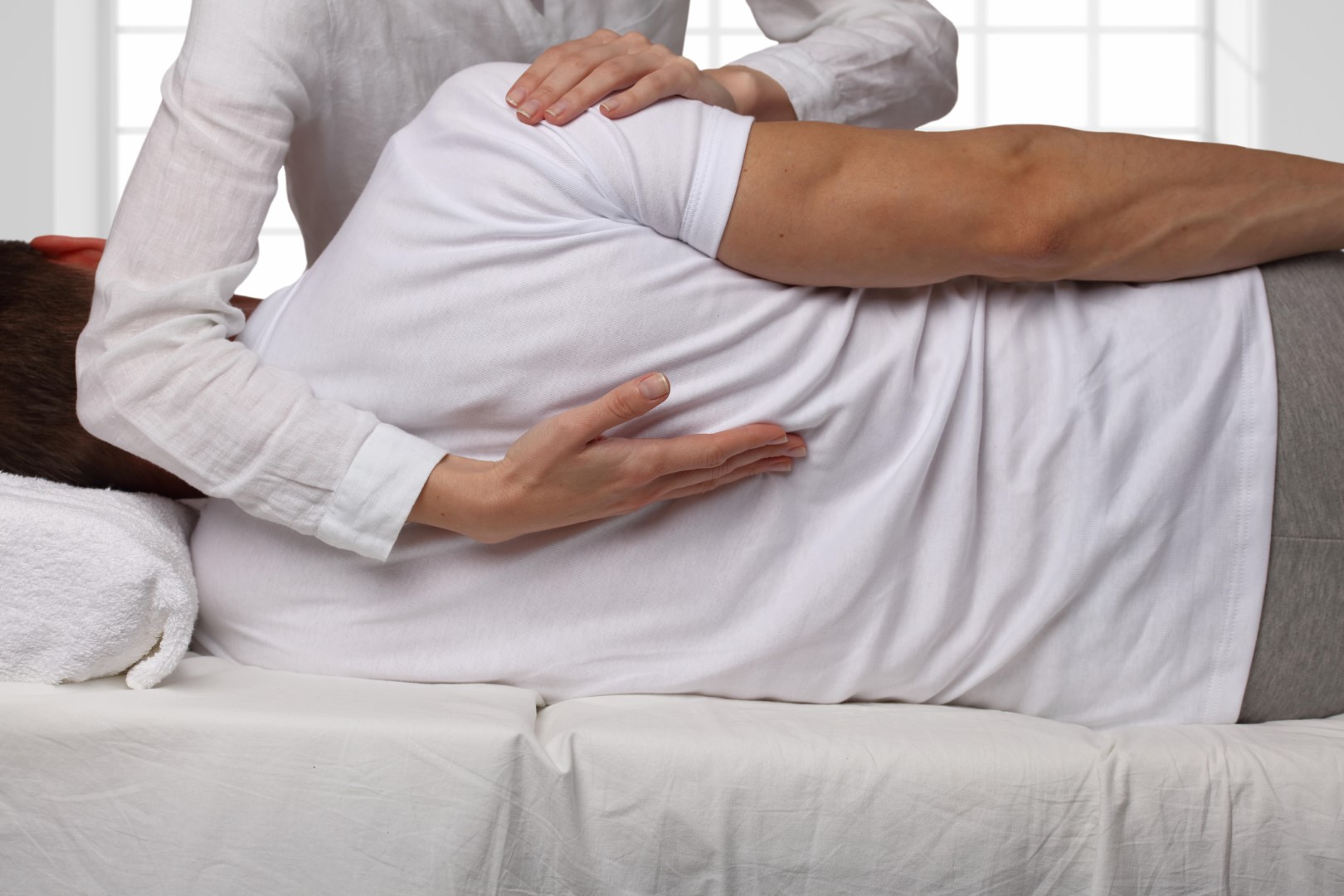
In the aftermath of a car crash, injured drivers and passengers are presented with many challenges. Car accidents can also lead to serious financial consequences. But what’s more consequential are your injuries and the impact they could have on your health and your future. If you’ve been in a car accident, you should never hesitate to see a doctor or a chiropractor. Chiropractors can help diagnose your injuries and are experts in the treatment of conditions like whiplash. They may also be able to assist with your injury claim by thoroughly documenting your injuries. What Is Chiropractic Care? Chiropractic care…
Read More
The best treatment for your low back pain depends on the source of your back pain. Some patients benefit from chiropractic adjustments or electrical stimulation therapy while others might find relief from pain management injections and physical rehabilitation. Optimum Health Rehab’s diverse array of pain management tools, as well as our comprehensive diagnostic capabilities, set us apart from other chiropractic clinics in Georgia. While we do employ some of the most skilled and highly experienced low back chiropractors in the state, we also offer an array of other physical rehabilitation and wellness services. Those additional capabilities enable us to provide…
Read More
Taking care of your body is one of the most important things you can do, and chiropractic care is one way to maintain optimum health and wellbeing. From a recent sports injury to chronic migraines, chiropractors are trained to relieve pain and ease tension through spinal manipulation and spinal mobilization. The best part? Chiropractors can tailor adjustments to fit your specific needs. Once they know your areas of concern, they can address the problem and propose a treatment plan for you. Chiropractors don't just reactively treat injuries. Many athletes and people who work physically demanding jobs seek out chiropractic treatments…
Read More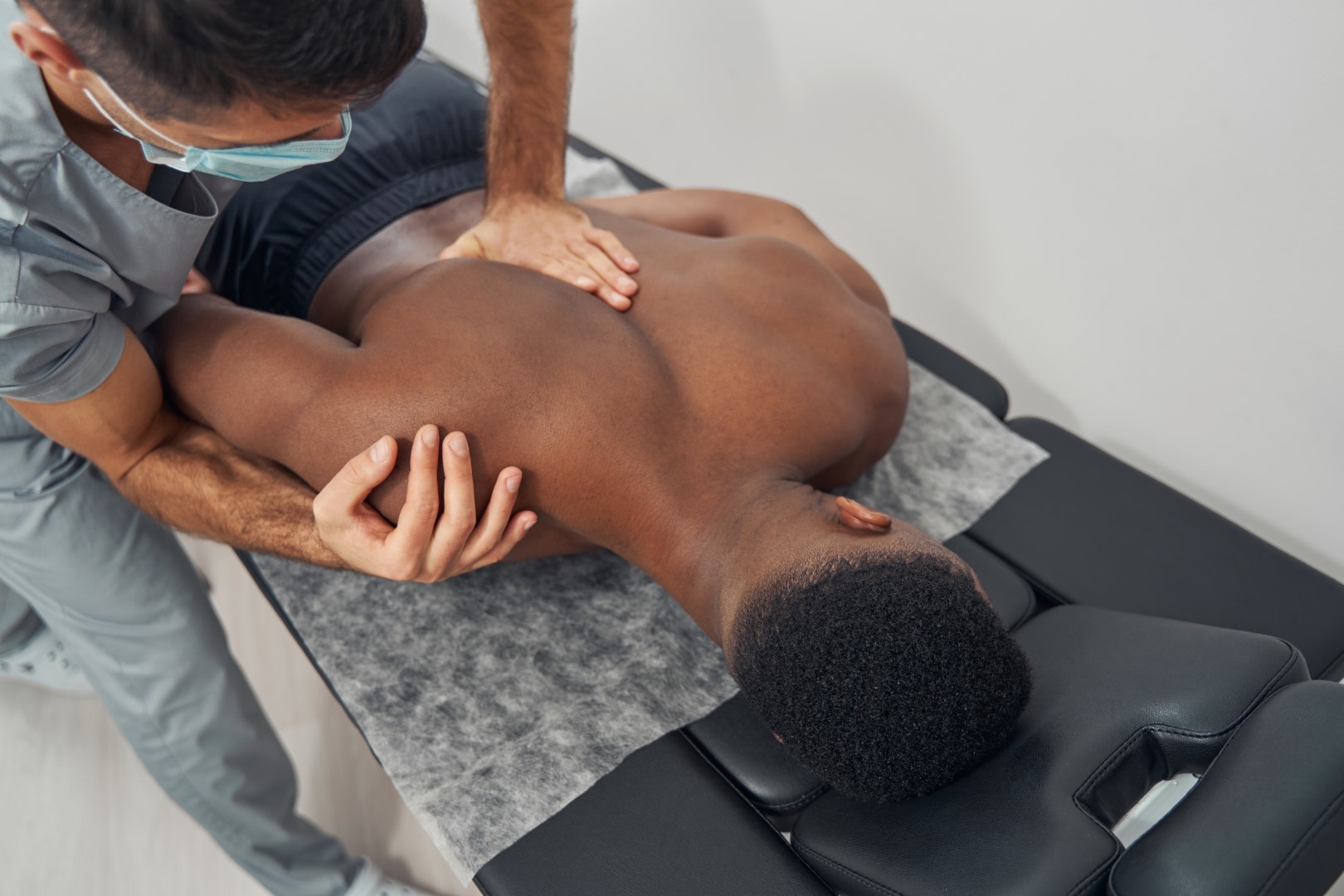
Subluxation refers to a vertebra or joint slipping out of its proper position. They’re essentially partial dislocations or misalignments, and they can affect nearly any joint or vertebrae. (more…)
Read More
Poor posture is more than just slouching or a sign of low self-esteem. Bad posture can have a negative impact on your overall health and lead to pain in the back, neck, shoulders and even your joints. People with desk jobs and students are especially prone to developing bad posture. Combining countless hours behind a computer screen with a sedentary lifestyle can have long-term consequences for your posture. Luckily, recognizing your habitual slouching and adopting techniques to improve your posture can give your muscles a much-needed break from being in overdrive and protect you from several debilitating effects poor posture…
Read More
Are you one of those people who can tell a storm is brewing when your joints start to hurt? Or perhaps you suffer from headaches that seem to increase after or during a change in the weather? Many people suffering from chronic conditions like arthritis or migraines notice a correlation between bad weather and pain, but the evidence to prove this link exists remains largely anecdotal. Studies on the matter are inconclusive. It can be difficult to pinpoint what causes your condition to worsen. However, if you feel increased joint pain or get headaches on cold and dreary days, you…
Read More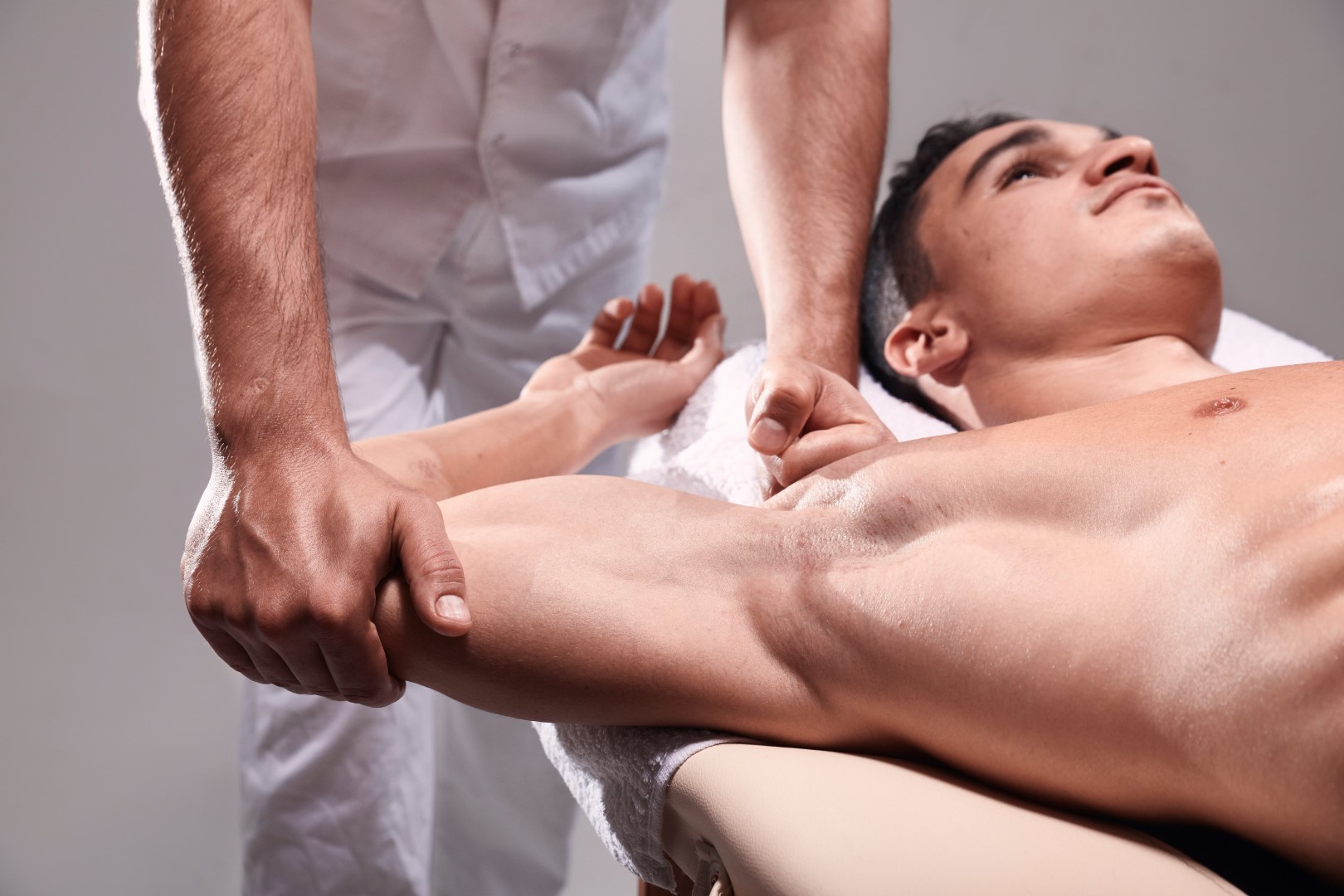
Athletes are often admired for their great physical abilities and respected for their tenacity, dedication and self-discipline. While you usually watch top-performing athletes excel in various sports like team games, gymnastics or cross country running, you don’t often get to see the behind-the-curtain reality of what it takes to master a sport. Typically, sports professionals spend long hours at the gym or outdoors training for their next game or competition. Rigorous workouts can put great strain on an athlete’s body. It’s not uncommon for athletes to suffer from physical injuries as a side effect of intense physical activity. A certified…
Read More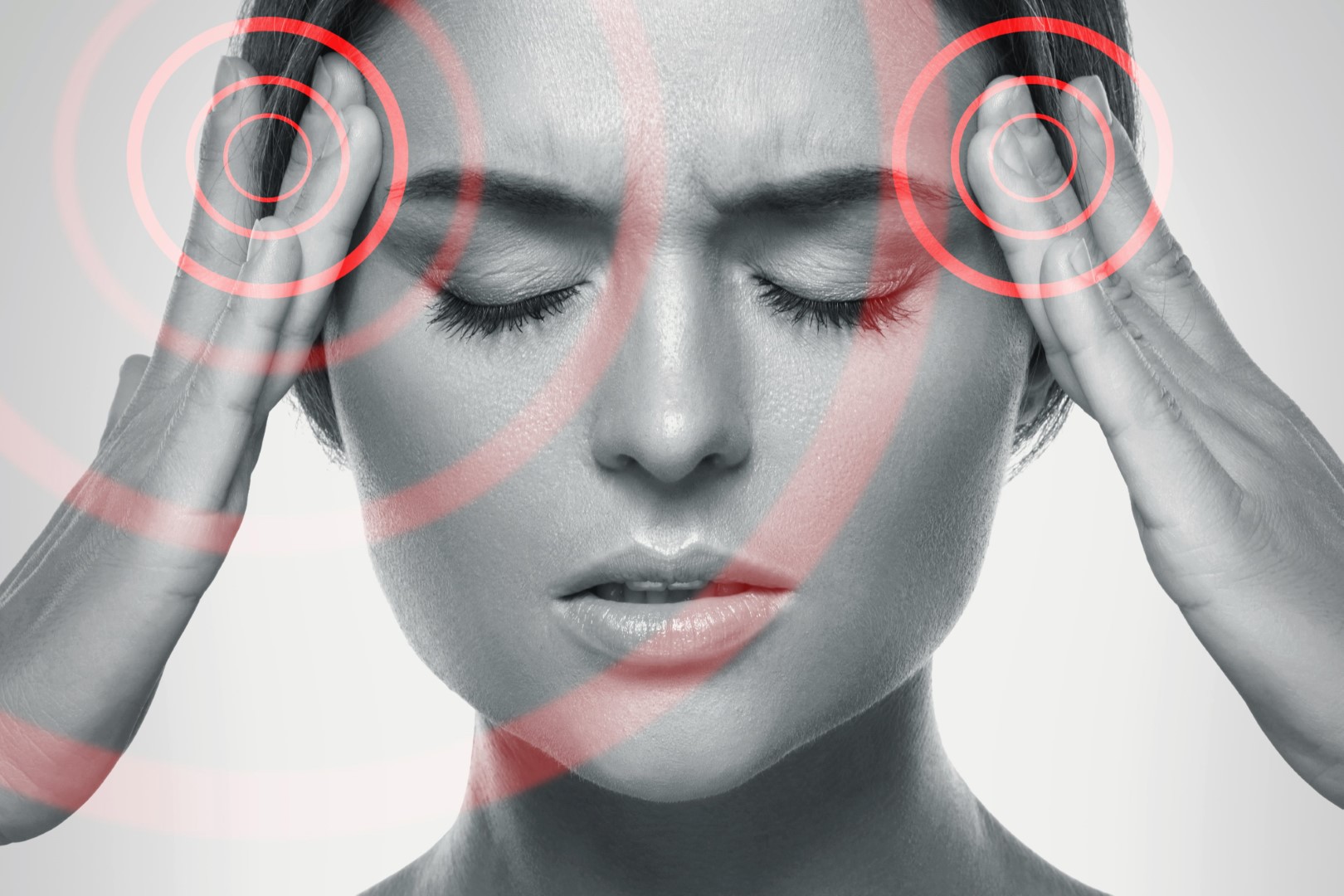
Even the healthiest people suffer from occasional headaches. Your frequent headaches might not be caused by an underlying health problem; they could be sparked by seemingly ordinary activities you engage in daily. Modifying your routine and avoiding your headache triggers may be one of the best ways to alleviate your pain without having to take strong medications. Headache Trigger #1: Weather The weather can be a significant trigger for headache sufferers. Headaches can be triggered by several types of weather, including fluctuations in barometric pressure, temperature and humidity as well as high winds, storms and dry and dusty environments. Remedy…
Read More
It is of vital to follow your doctor’s recommendations after you’ve undergone a knee replacement surgery – or any type of joint replacement surgery. Some patients may receive different types of instructions based on their overall health. However, there are some general rehab steps frequently recommended after undergoing a knee replacement surgery. Most patients can expect to need about three months to return to any kind of high-impact activities, but every person is different. You should work closely with your rehab specialist to determine your optimal rehab timetable. First Days of Your Recovery At the very beginning of your recovery,…
Read More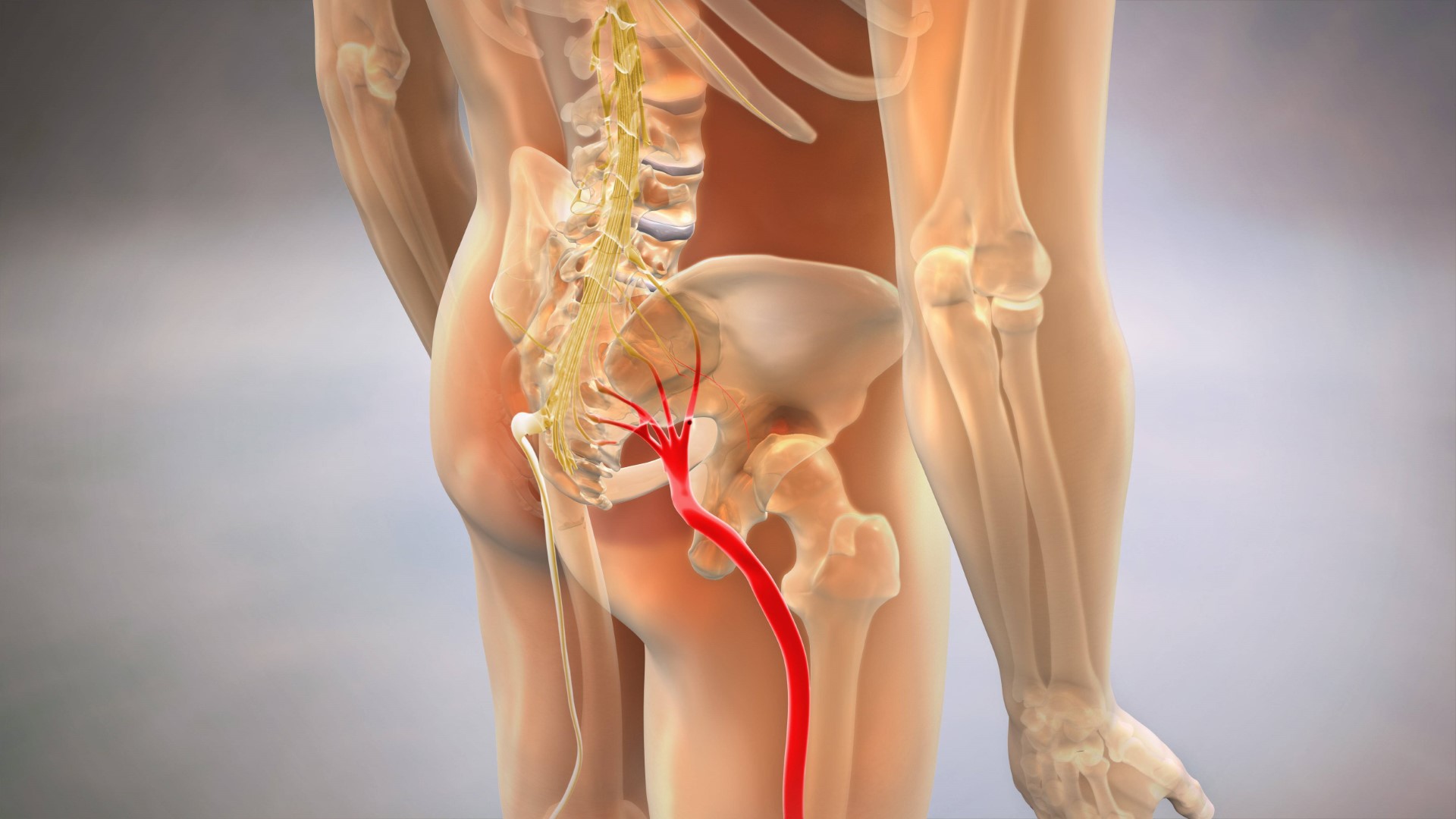
The term sciatica is primarily used to denote pain caused by some type of sciatic nerve irritation. The pain is usually sudden and can radiate down the back into the hip, leg and even the foot. Sciatica is not a traditional condition. It’s the symptom of whatever condition or injury is causing your sciatic nerve irritation. Sciatic pain can be severe causing numbness, muscle spams and limited mobility. At its peak, sciatica may cause laughing and sneezing to be painful. On average, sciatica lasts between four and six weeks, but for some people it may last longer and even become…
Read More